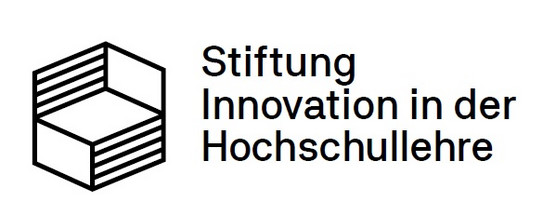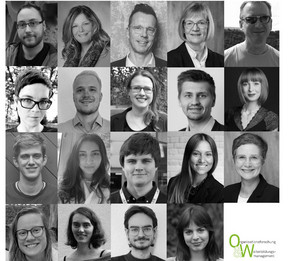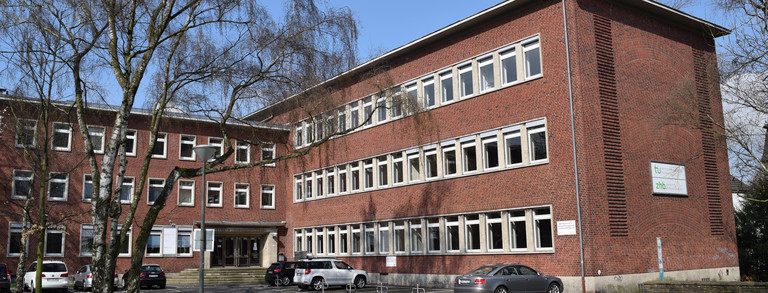KICK 4.0 - AI chatting skills in the lab.
Cross-reality labs (XR labs: teaching labs that incorporate digital media and VR) are now increasingly making their way into university laboratory teaching at all levels of study in STEM subjects. In addition to subject-related skills development, students can also generate skills for collaborative, agile learning 4.0. The KICK 4.0 cooperation project picks up on these lines of development, but links them with completely new types of AI skills requirements that are becoming increasingly necessary with the growing spread of AI-based natural language processing systems.
The aim of KICK 4.0 is to enable students to reflect on the opportunities and limitations of this human-AI collaboration. To this end, real-world scenarios (didactic scenarios for real-world problem solving) are developed and used for the practical laboratory course in fluid mechanics, in which students are to use AI to support motivating, professionally designed research assignments. In this way, they are specifically encouraged in their creative, real-world problem solving, but should also learn to critically examine, assess and overcome the shortcomings of such systems. In this way, students will develop the AI skills that are increasingly necessary for society and the world of work 4.0 in a reflexive and critical manner in real-world laboratory contexts. Methodologically, a design-based research approach is pursued, which involves students and lecturers in the design of AI-supported laboratory teaching.
The Kick 4.0 cooperation project is being carried out at TUDO by zhb (Chair of Organizational Studies and Management of Continuing Education) and the Faculty of Biological and Chemical Engineering (BCI), and at BU Wuppertal by the Chairs of Didactics of Technology and Fluid Mechanics. The individual projects complement each other profitably in a matrix based on the competences brought in (fluid mechanics, HD or laboratory didactics, technology didactics), target groups (specialist students as future engineers, student teachers as future teachers) and perspectives (specialist teaching, university research, vocational training research) for a better understanding of NLP systems in laboratory teaching.
Project period: 01.08.2024 to 31.03.2026





